No Impunity Profiles
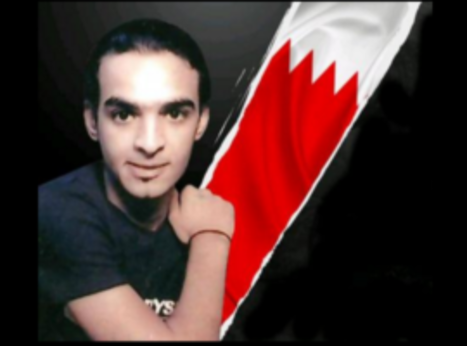
Ahmed Ismail Hassan: A shuttered case of impunity
In 2012, Bahraini videographer and journalist Ahmed Ismail Hassan was fatally shot by Bahraini government authorities. Hassan had documented protests during the Bahrain uprising, and received repeated threats from Bahraini security for his work. To date, Hassan’s case remains classified as “pending investigation”.
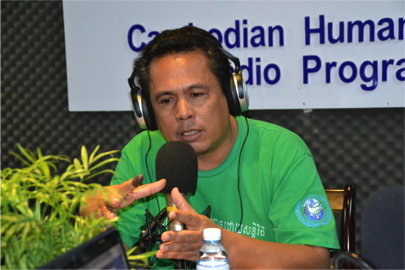
Kem Ley: Breaking down the façade of justice
On 10 July 2016, popular Cambodian activist and political commentator Kem Ley was gunned down, just two days after publicly criticizing the Hun Sen family for abusing its power to accumulate vast personal wealth. Although the gunman has been sentenced to life in prison many questions remain, including one glaring one: who ordered the killing of Kem Ley?
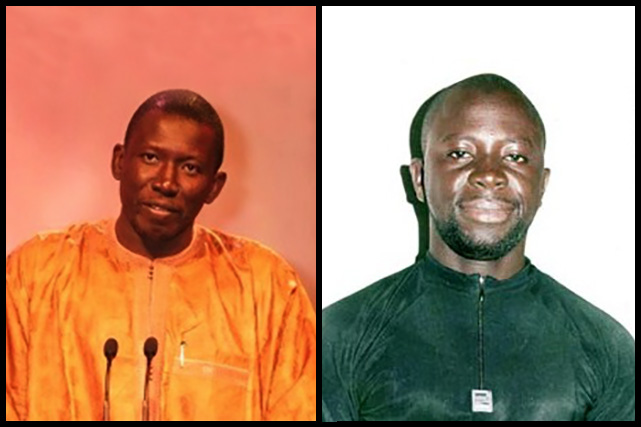
Musa Saidykhan and Ebrima Manneh: Justice Subverted by the State
Gambian journalists Musa Saidykhan and Ebrima Manneh were separately arrested and detained by state agents in Gambia. Saidykhan was subjected to brutal torture, while Manneh disappeared with little trace.

Shan Dahar: A family’s fight for justice
On 1 January 2014, Pakistani journalist Shan Dahar was shot by armed men and taken to a local hospital where he remained unattended until he succumbed to his injuries. To date, none of the perpetrators have been brought to justice.

Jineth Bedoya Lima: A chronicle of justice delayed
In May of 2000, Jineth Bedoya Lima was abducted and sexually assaulted while investigating a story in Colombia. Years later, justice has only just begun to be served.
No Impunity Country Backgrounders
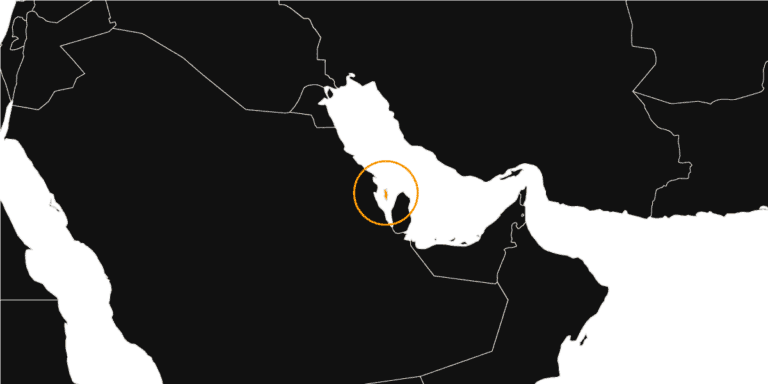
A tide of repression: country profile of the Kingdom of Bahrain
Hopes that the heavy handed response to the pro-democracy movement that sprang up in Bahrain in 2011 would be investigated and that justice would be brought for those who had suffered violence at the hands of police have not only collapsed, but the situation for freedom of expression and human rights has taken a nose dive.
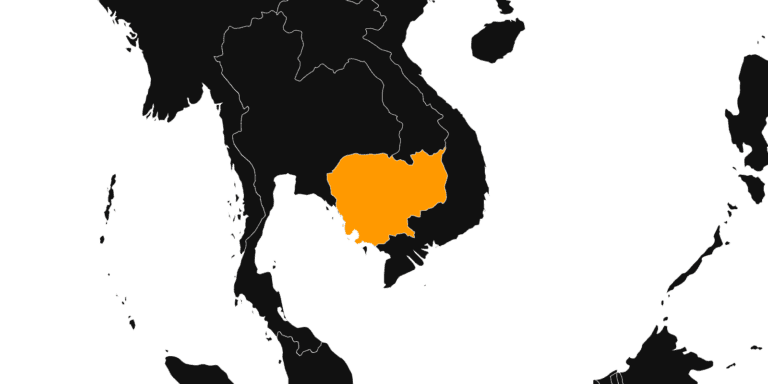
Cambodia: a hostile environment for rights defenders
In the lead up to the July 2018 general election, the Cambodian government became increasingly hostile to dissent. Opposition parties and independent media suffered under a harsh crackdown. Newspapers and broadcasters were forced to close, rights activists were imprisoned and police wielded violence to disperse demonstrations.
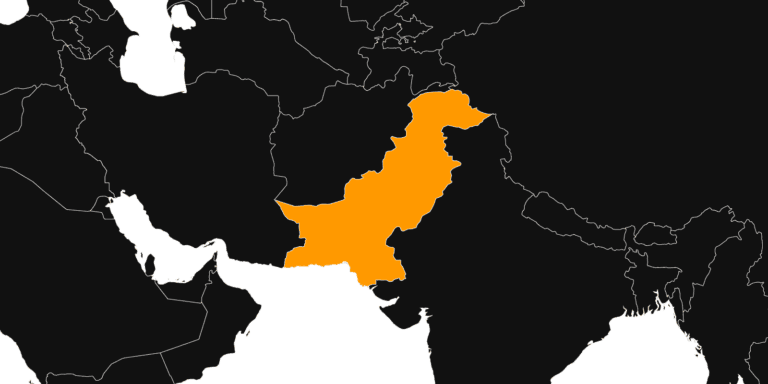
Caught between the state and extremists: Country profile of Pakistan
Attacked by state agents and the military on one side, and militant and extremist groups on the other, the situation for human rights defenders in Pakistan is one of the most dangerous in the world. A weak civilian government has handed over much power to the military, which is absolved from scrutiny. Investigations into murders and disappearances have led nowhere. Under this climate, impunity reigns.
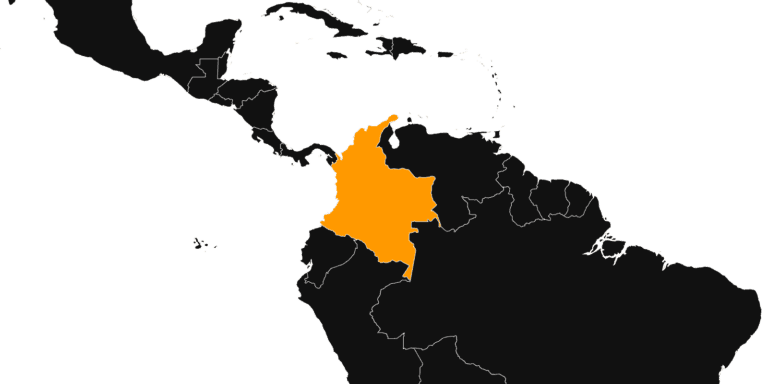
Towards justice and peacebuilding: Country Profile of Colombia
After decades of internal armed conflict during which millions were forced from their homes, and over 220,000 killed, the implementation of peace talks between the government and rebel fighters should be cause for hope. Yet the culture of violence and impunity is deeply ingrained, with the numbers of killings and disappearances remaining horrendously high and justice for past abuses elusive.
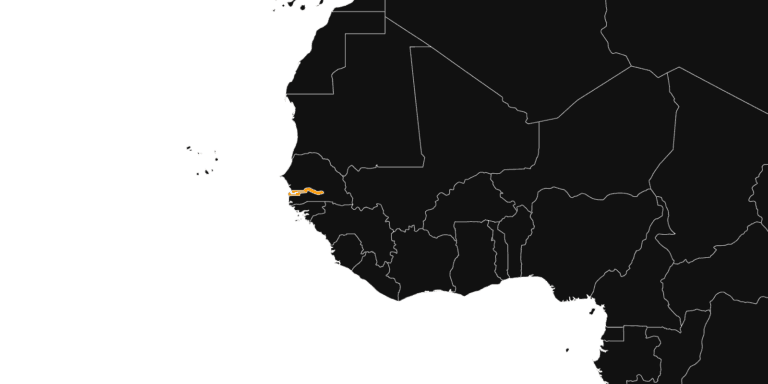
A new dawn for free expression: Country profile of The Gambia
The smallest and most densely populated country on the African continent, the Gambia is a popular tourist destination. Yet, until recently, beneath the idyllic surface there was a dark undercurrent where paramilitaries preyed on those who spoke out against former President Yahya Jammeh, killing, torturing and disappearing journalists and opposition activists. The election of a new government, one that has pledged to end violations and to bring justice to victims, brings hope for the hard fought for establishment of democracy.

